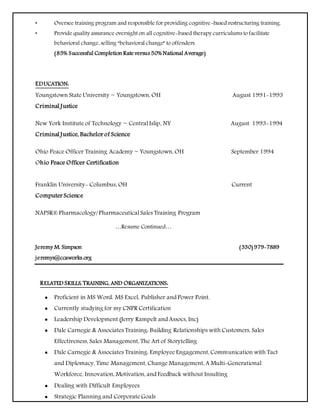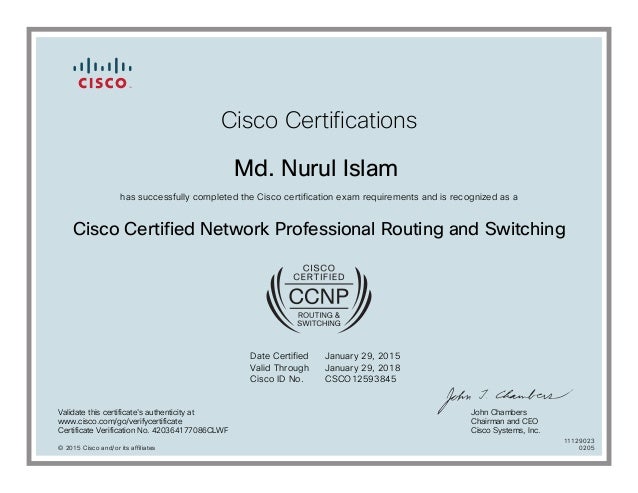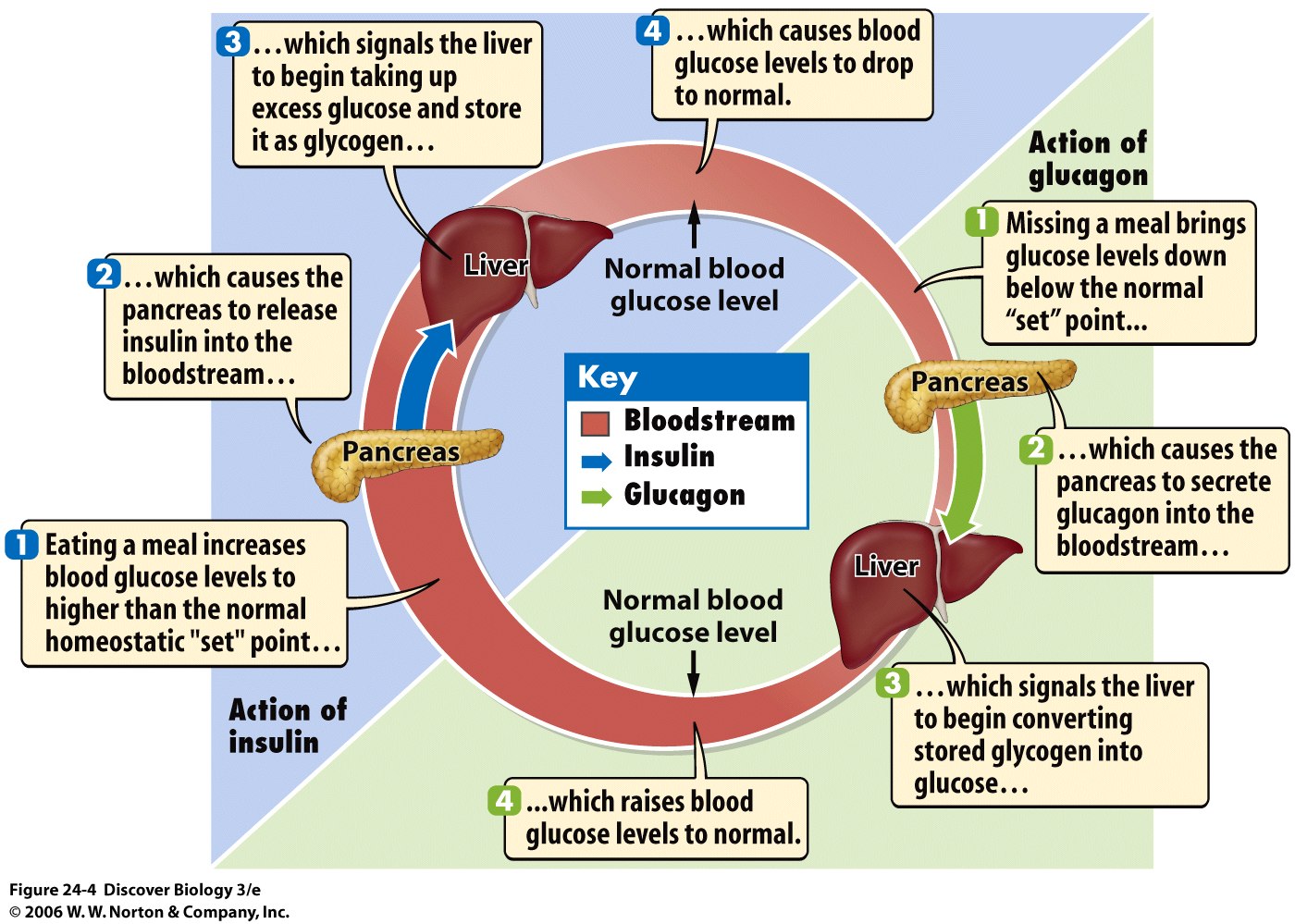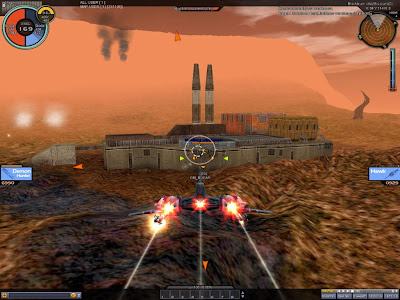Digital games have changed the manner we connect with others, crossing geographical boundaries and uniting diverse communities together in a common space of fun. In this digital age, players from all corners of the world can team up or go against each other, creating friendships and competitions that would have been impossible without the power of the web.
The thrill of multiplayer gameplay goes past mere rivalry; it forges bonds among participants who communicate, plan, and collaborate in the moment. Whether joining forces to conquer formidable enemies or engaging in friendly matches, the shared experiences in online games often lead to lasting connections and a feeling of community within the gaming community. This magic of online not only enhances the play experience but also shows the universal nature of gaming that connects us all.
The Rise of Online Multiplayer Gaming
The introduction of the Web changed how we connect and engage with each other, and this transformation extended to the world of gaming. As technology improved, digital multiplayer gaming appeared, enabling players from different corners of the globe to team up or compete against one another in real-time. This shift not only redefined the way games were played but also created a sense of community among gamers who could now share stories and strategies regardless of physical distance.
In the early days, online gameplay was primarily limited to text-based environments or rudimentary graphics. However, with the advancement of quicker broadband and more powerful gaming consoles and computers, the scope of multiplayer gaming evolved dramatically. Game developers began creating intricate worlds and engaging gameplay experiences that could enthrall players for extended periods. As a consequence, titles that included cooperative or versus multiplayer modes gained wide popularity, drawing in countless of fans.
The growth of multiplayer gaming also added to the expansion of gaming communities as a whole. Services like Twitch and Discord emerged, providing gamers with spaces to interact, stream their gameplay, and communicate in live. This change not only affected how games were developed but also how players connected with each other and built friendships. Nowadays, online games have turned into a vital part of the social fabric, closing distances and connecting individuals like never before.
Creating Connections in Gaming
Online games have transformed the way players engage, creating lively communities that cover the globe. Gamers come together not just for contests, but for cooperation, companionship, and shared experiences. Whether it’s teaming up in joint missions or competing against each other in high-stakes tournaments, these interactions forge bonds that often reach beyond the game alone. Udangbet , such as audio communication and text communication, enhance the social experience, allowing players to plan, share tips, or simply have casual chats.
Additionally, online games function as platforms for varied communities to flourish. From casual gamers to elite esports teams, individuals from various backgrounds can locate a role that resonates with their passions. These communities often conduct events, forums, and live streams, further fostering communication and connection among players. In many cases, these online events lead to enduring friendships, as players unite under a shared passion, breaking geographical boundaries and creating a true sense of belonging.
Moreover, community-focused initiatives, such as community artwork, mods, and content creation, enhance the gaming landscape. Players contribute creatively, cultivating a dynamic ecosystem that boosts the gaming experience for everyone. Many developers support and encourage these community efforts, leading to a joint environment where players feel esteemed and entitled. This not only strengthens existing connections but also attracts new players, making the digital gaming space a continually evolving community full of chances for connection and engagement.
The Outlook of Online Video Game Connectivity
As technology continues to progress, the future of digital gaming networking is set to be even immersive and accessible than at any time previously. Along with developments in communication infrastructure, like 5G and beyond, players will experience smooth interactions with others around the world. This enhanced networking will enable for more dynamic gameplay, where large communities can unite in real-time to collaborate, challenge one another, and socialize without the frustrating latency that can diminish the gaming experience.
In addition, the rise of multiplatform features will also close the gap between various gaming systems. Regardless of whether on a gaming console, PC, or mobile device, players will have the opportunity to connect and game together no matter their choice of hardware. This inclusion will not only expand the audience for developers but also create bonds and alliances that transcend geographical boundaries, enhancing the player community as a whole.
Furthermore, the incorporation of AI and machine learning will transform how players interact with their surroundings and one another. AI-driven pairing systems will create balanced and challenging experiences customized to individual abilities, while intelligent algorithms will improve in-game chat and social interactions. As these advancements continue to develop, the online gaming landscape will stay a vibrant and evolving space for interacting with players worldwide.







































































